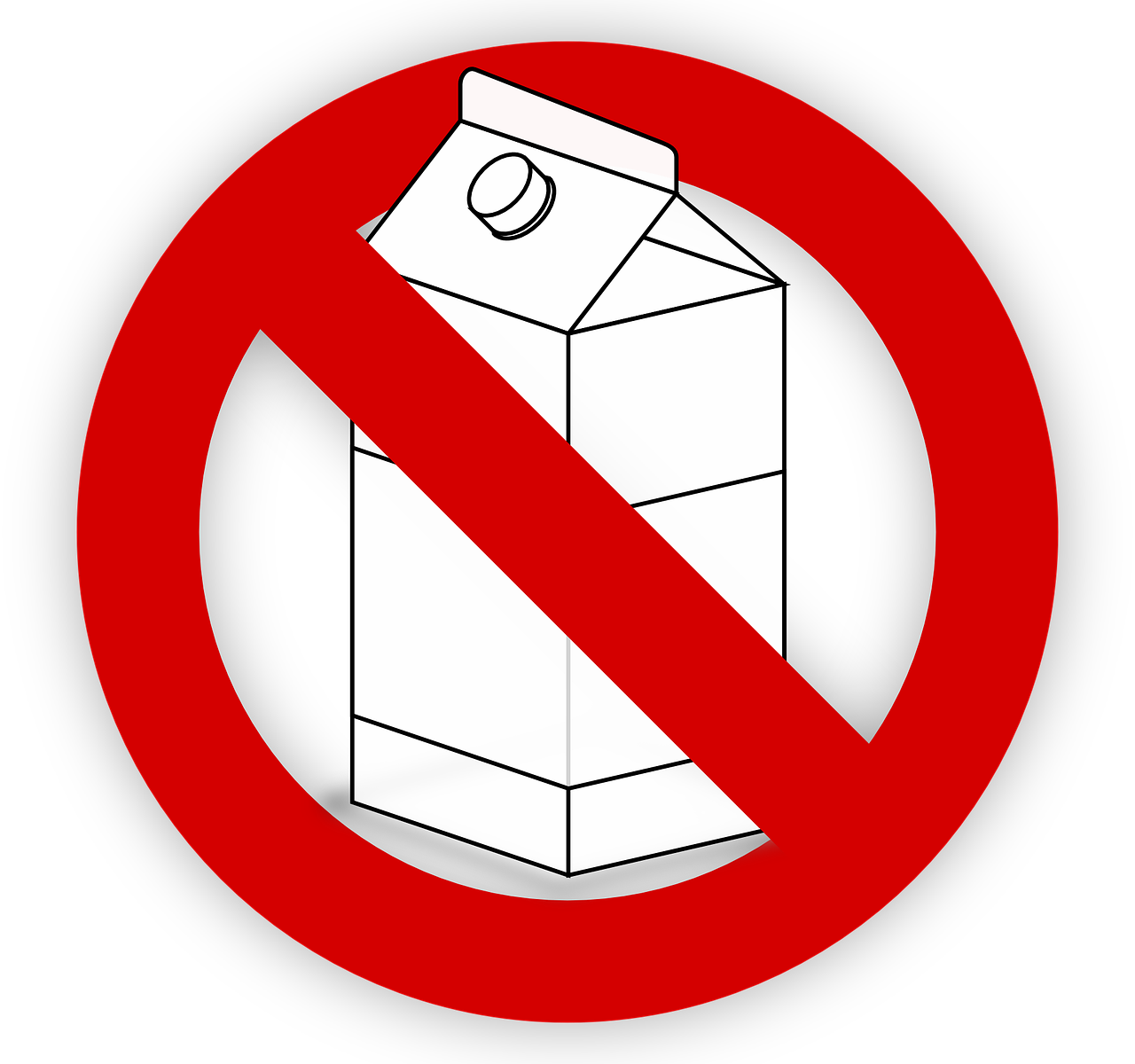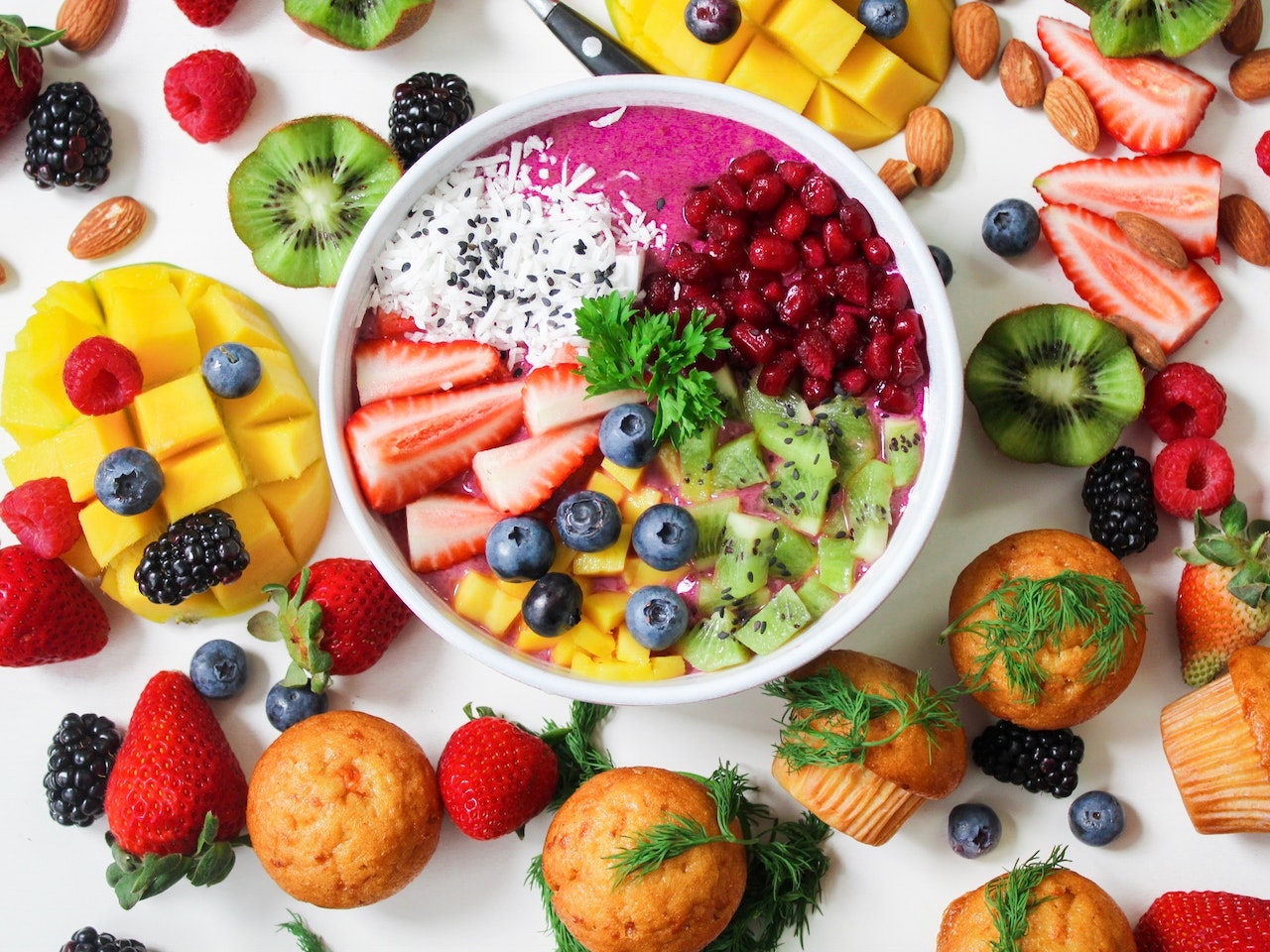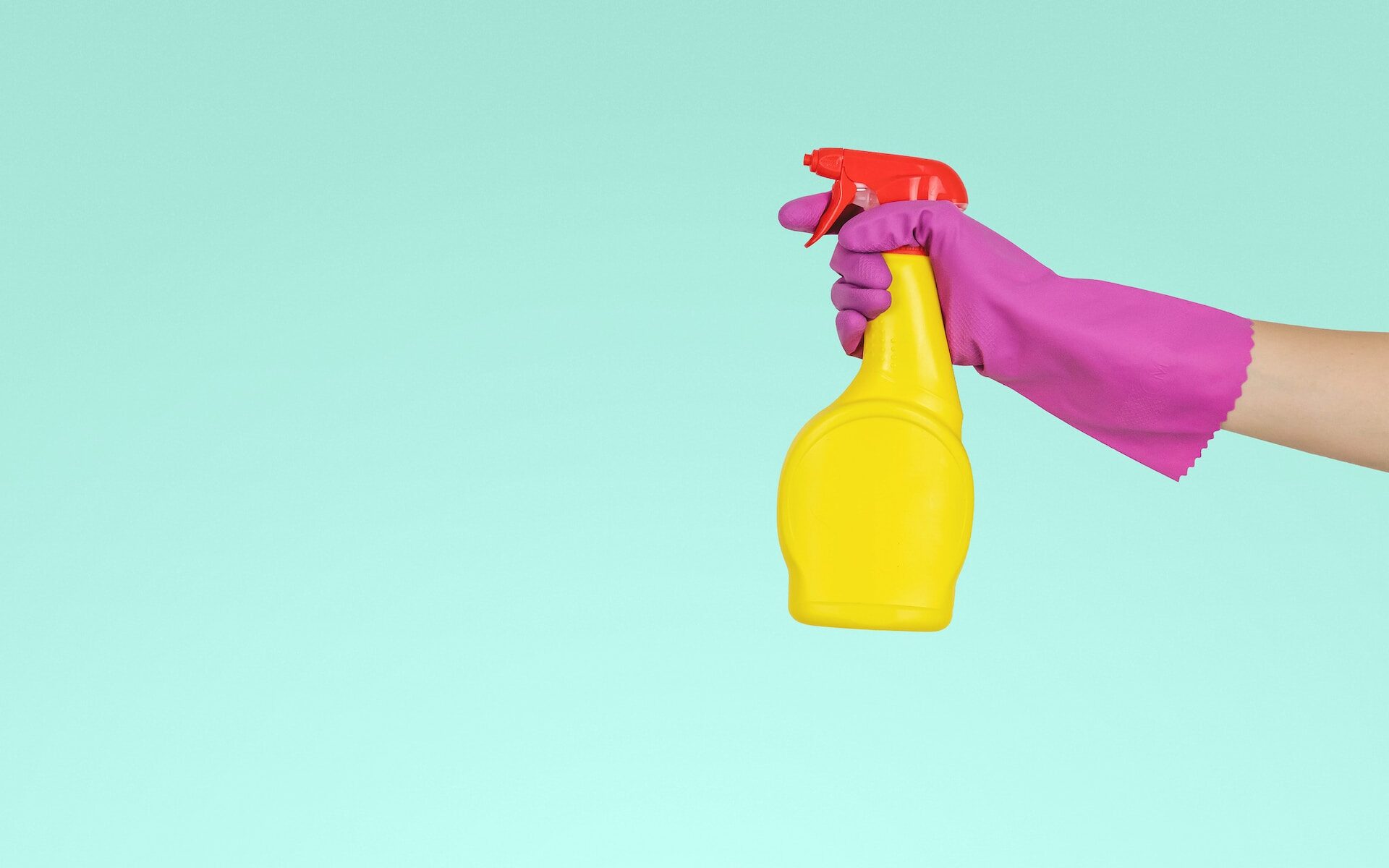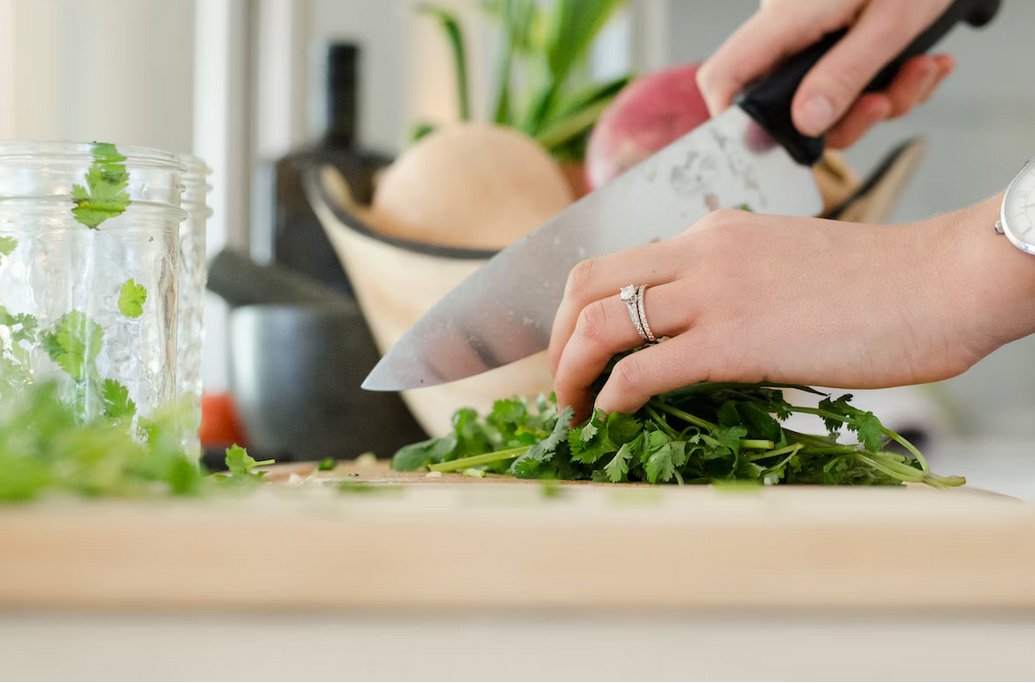Benefits of going dairy-free
People can choose to go dairy free because of allergies, lactose intolerance, or veganism. Many forms of dairy can be high in cholesterol. If you have difficulties maintaining a healthy cholesterol level or gallbladder issues where foods high in fat can increase gallstone formation, consider non-dairy alternatives. Below is a list of three different recipes to get you started.
Yogurt parfait
A non-dairy yogurt parfait can be a delicious treat. Non-dairy yogurts are from alternative sources such as soy, cashew, almond, or coconut. Make a nutritious parfait by combining dairy-free yogurt and fruit (for example, mixed berries) with a natural sweetener such as honey or agave nectar. Complete it with granola or chopped nuts.
Chia pudding
Chia pudding is a simple, tasty, and nutritious snack. Make dairy-free chia pudding by combining chia seeds and non-dairy milk, then top it off with cinnamon, vanilla, honey, or other toppings for added flavor.
Ranch dressing
Ranch dressing is a popular salad option though it is often less healthy than other salad dressings. A healthier dairy-free option to ranch dressing is avocado ranch dressing. Combine avocados, apple cider vinegar, non-dairy milk, boiled cashews (or a nut-free alternative such as silken tofu or sunflower seeds), onion powder, dill, parsley, chives, and garlic.
Dr. Barbara Edwards, a Princeton MD, is the Academic Director for the Ambulatory Residency Program at Penn Medicine Princeton Health, providing quality care to uninsured and under-insured New Jersey residents in Mercer and Middlesex counties.






